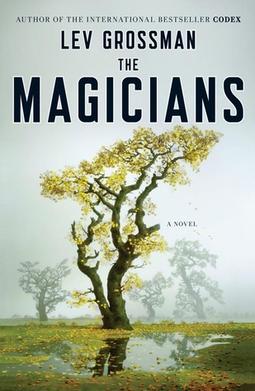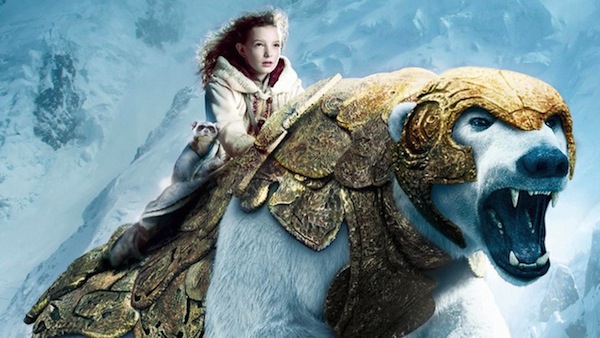I enjoyed "The Spiritual Education" unit so much, I have two blog entries about two different books from this week.
So this blog post, I'm talking about
The Magicians by Lev Grossman.
Very briefly,
The Magicians is about a boy (Quentin Coldwater), who unknowingly is a wizard, and how he deals with learning that he's a wizard, that he is accepted to a prestigious wizard university, and all the problems that come with entering into the whole wizarding world...
Sound familiar? It should...since it sounds a lot like another popular book about a boy wizard, the
Harry Potter series.
However unlike the HP series,
The Magicians isn't as..happy and uplifting. If anything, it's a shocking dose of reality that most people don't hit until after college. Initially, I
strongly disliked this book; I couldn't help but compare everything that I encountered in
The Magicians to the HP series... thoughts such as:
"Harry found out about being a wizard way cooler then Quentin."
"Hogwarts is wayyyy better then Breakbills, especially since Hogwarts is British"
"The classes are wayyy cooler then those at Breakbills."
These were just a few of the many, many thoughts that crossed my mind while reading this book. However, after really getting into the book, I slowly started changing my mind about this book. At the end, it dawned on me why I started relating more and more to this book now, as an adult, then I probably ever did with HP as a child: it was based in reality.
While HP is truly an escapist series, in the sense that you're able to completely lose yourself and reality while reading the books,
The Magicians is definitely based in a more truer reality. The setting is in a college, some of the problems Quentin faces while being at Breakbills were either very similar to my own experiences while in college or ones that I've seen my friends faced, and the way Grossman depicts the use and learning of Magic is more or less similar feelings I've had about certain subjects in both high school and college. Besides that, it's all the cold hard truths about growing up, maturing into an adult, and those realizations about oneself and the world surrounding them after learning said hard truths that really spoke to me, as a reader. The ultimate realizations that Quentin comes to at the end are feelings that I know many, many people have had after entering into the "real world"/business world.
All of these feelings are ones that I can either indirectly or directly relate too. HP, especially now as a young adult, I can't really say that I do. Perhaps that's maturity showing, or perhaps it's simply because I've changed since first reading the series; either way, after reading
The Magicians I'm definitely more aware of the fact that I'm becoming an adult, and that I'm slowly, but surely, cutting off those ties to childhood. And honestly, I'm not too sure how I feel about it.

